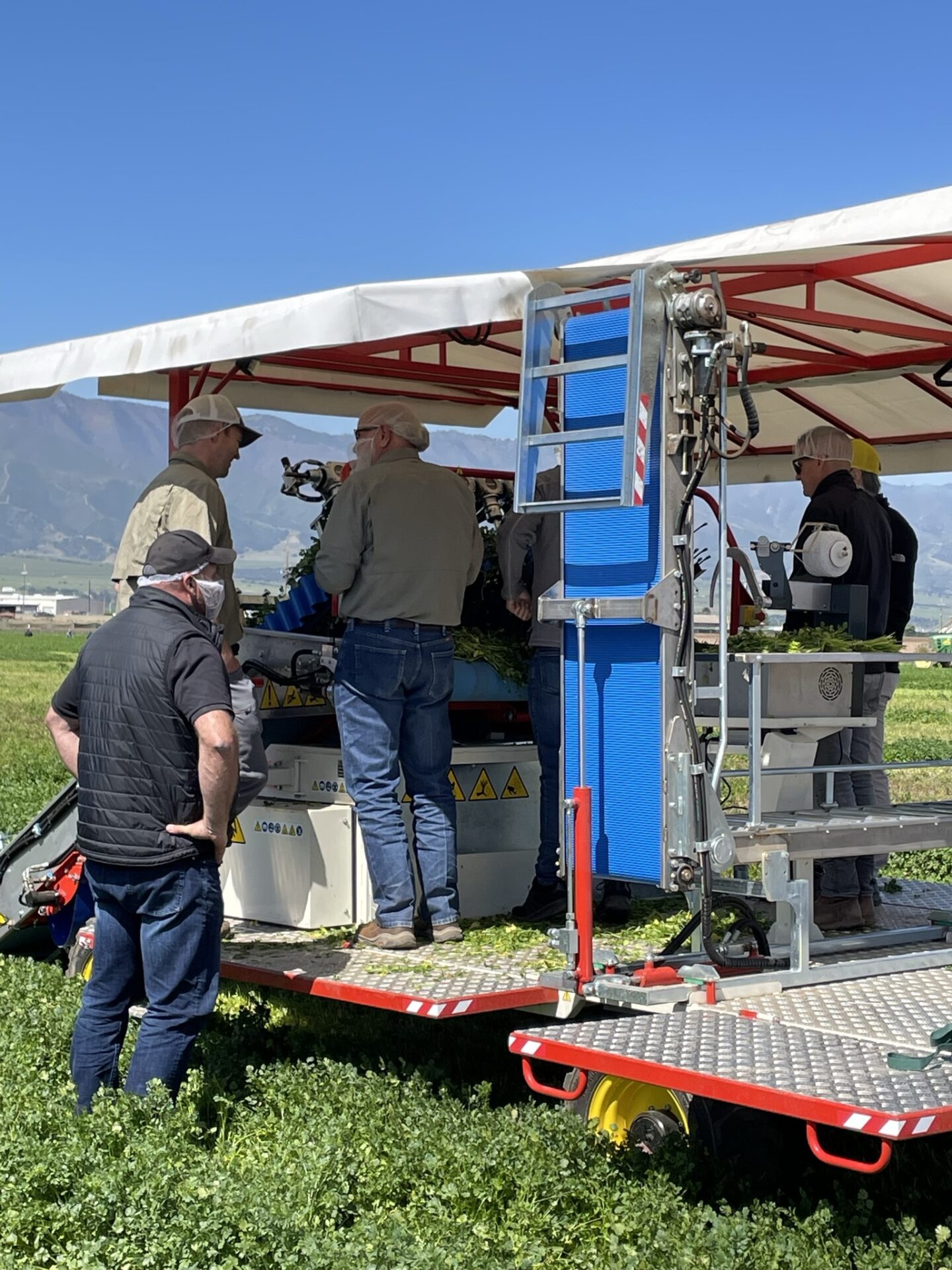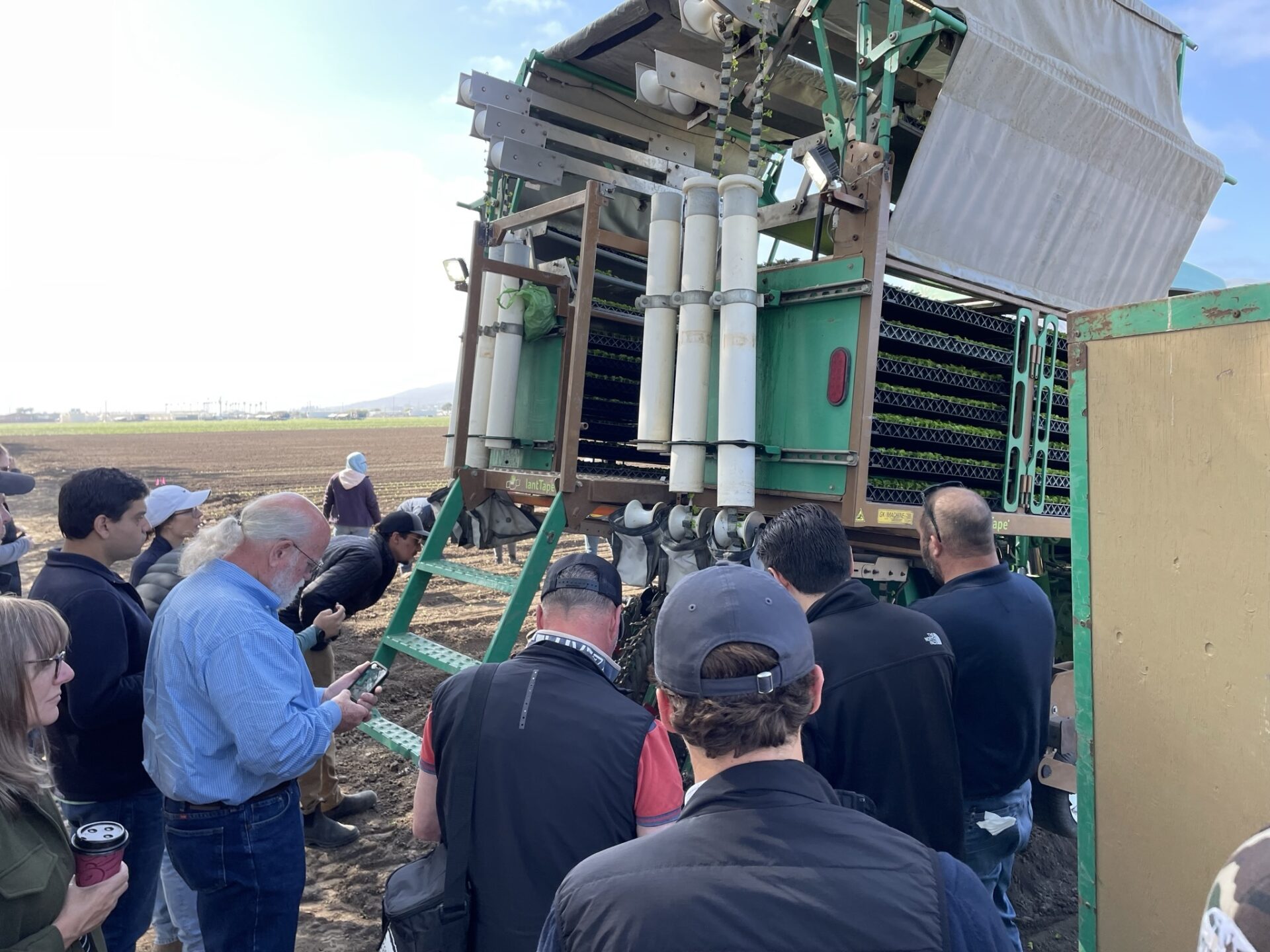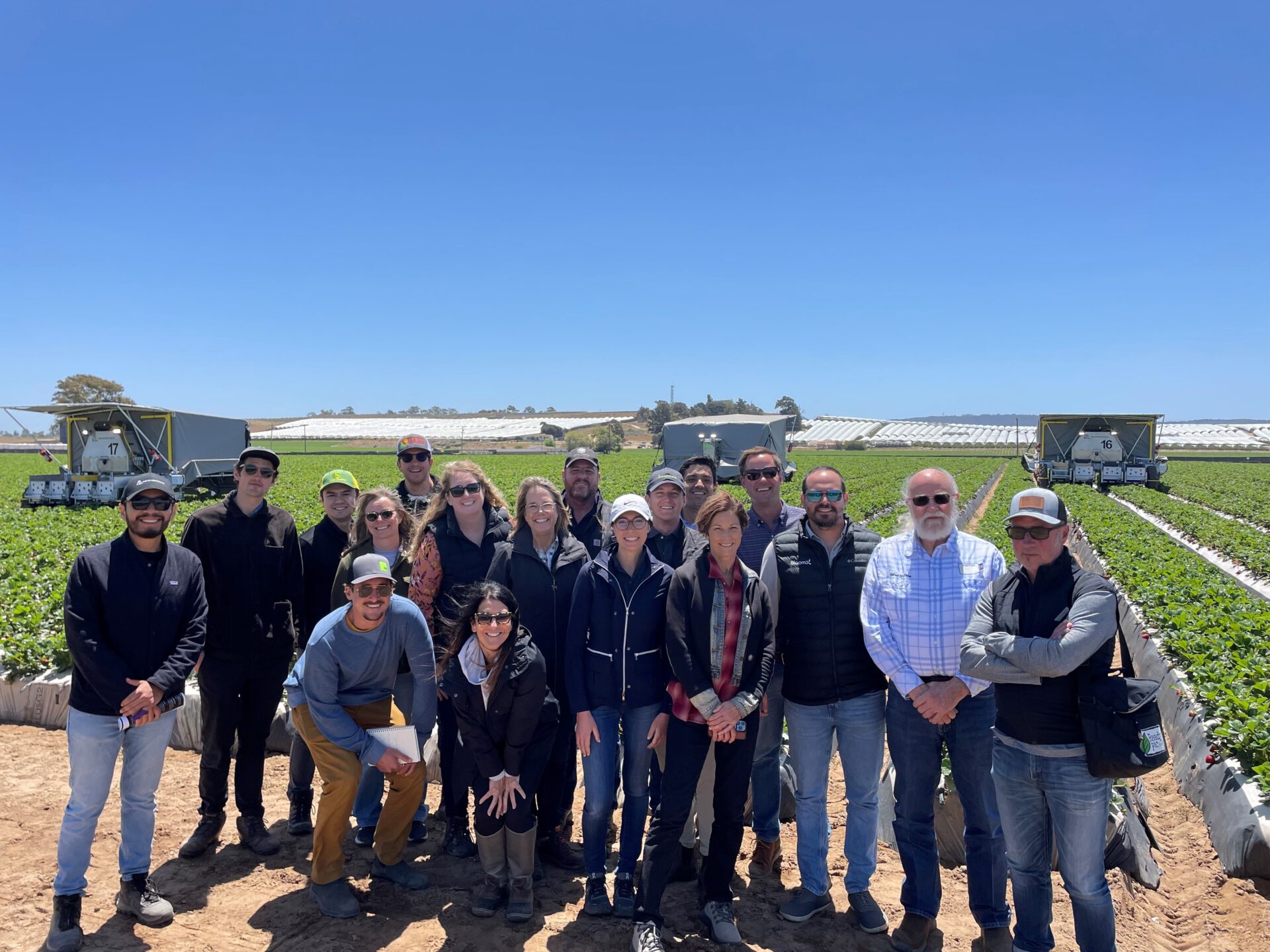The International Fresh Produce Association (IFPA) is once again vetting technology companies to participate in its Fresh Field Catalyst produce accelerator.
Now in its third year, the program fosters technology companies poised to improve the fresh produce value chain by making it more climate smart and resilient. Startups ready to scale up their solutions for the produce industry are encouraged to apply. The IFPA also invites those with solutions for other ag commodities and industries that could be applicable to the produce industry.
Worldwide, the fresh produce and floral industries face challenges ranging from supply chain and labor shortages to inflationary pressures, price-sensitive customers, and food accessibility issues. Over all of this hang the ongoing threats of climate change and geopolitical conflicts that can drastically impact production and distribution.
Recognizing the role of agtech in facing the above challenges, IFPA created the Fresh Field Catalyst produce accelerator in 2022 as a way to integrate more climate-smart solutions into fresh produce production.
Simultaneously, it’s a way to foster growth and show companies the many different uses their technologies might have across the fresh produce value chain.
“It was jam-packed with information. I got to learn about every part of the value chain, from packaging to growing,” says Kristine White, co-founder and CEO of Spornado, which makes an early alert system for crop diseases and participated in the 2023 program. “It was really useful to get a big picture of the industry and see different ways we can fit into it.”
“Just seeing the whole value chain from start to finish was invaluable in understanding where the different areas of value are in agriculture and fresh produce,” adds Julian Godding, a lead data scientist at plant-insights platform Gardin, also a 2023 participant.

Creating a melting pot of talent for fresh produce
“The program is designed to give companies not in the produce industry unique insights into the challenges the produce industry faces, and to participate in the fight against climate change through technology,” notes IFPA vice president Vonnie Estes.
“I just love the melting pot we are creating with people who really care about produce and care about developing solutions for our industry.”
Companies chosen to participate in the six-month-long program get immersed into the fresh produce industry through bi-weekly virtual meetups with experts and mentors as well as a week of field and company visits and a stand at the IFPA Global Show in Atlanta, Georgia.
“It brought together a diverse group of individuals that cover the broad spectrum of the needs of the industry,” Gene Wisakowsky of 2023 cohort participant Agniuity, Inc, said of the program. “Then the Association said, ‘Come to California and let’s go on a journey.’ We spent a week in a bus visiting growers and manufacturers. It’s a compliment to the Association to have that happen.”
Last year’s immersion week visited 15 businesses from Los Angeles and San Francisco in all parts of the produce supply chain.

Who should apply
The IFPA looks for technologies that can increase productivity in the produce supply chain and help farms and supply chains in the transition to more climate-friendly practices and processes. Companies with solutions across the entire fresh produce value chain, from production and manufacturing to logistics and distribution, are encouraged to apply.
The 2023 cohort included, amongst others, crop intelligence platform Arable, greenhouse robotics startup Four Growers, Agrology, which is developing a measurement tool for regenerative agriculture, and biomolecule development platform Fyteko.
Those applying should be roughly one to two years out from a scaled product trial and/or introducing a product to the industry. While funding is not a determiner, startups should have available funds to travel for two trips to California and Atlanta.
Those interested in learning more about the IFPA’s work can catch Estes at the World Agri-Tech innovation summit in San Francisco, where she will host a session on cultivating climate-smart agriculture on March 19 with Braga Fresh and Agrology. Companies interested in joining the Fresh Field Catalyst accelerator should apply by April 1, 2024.





